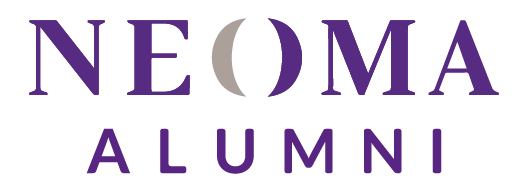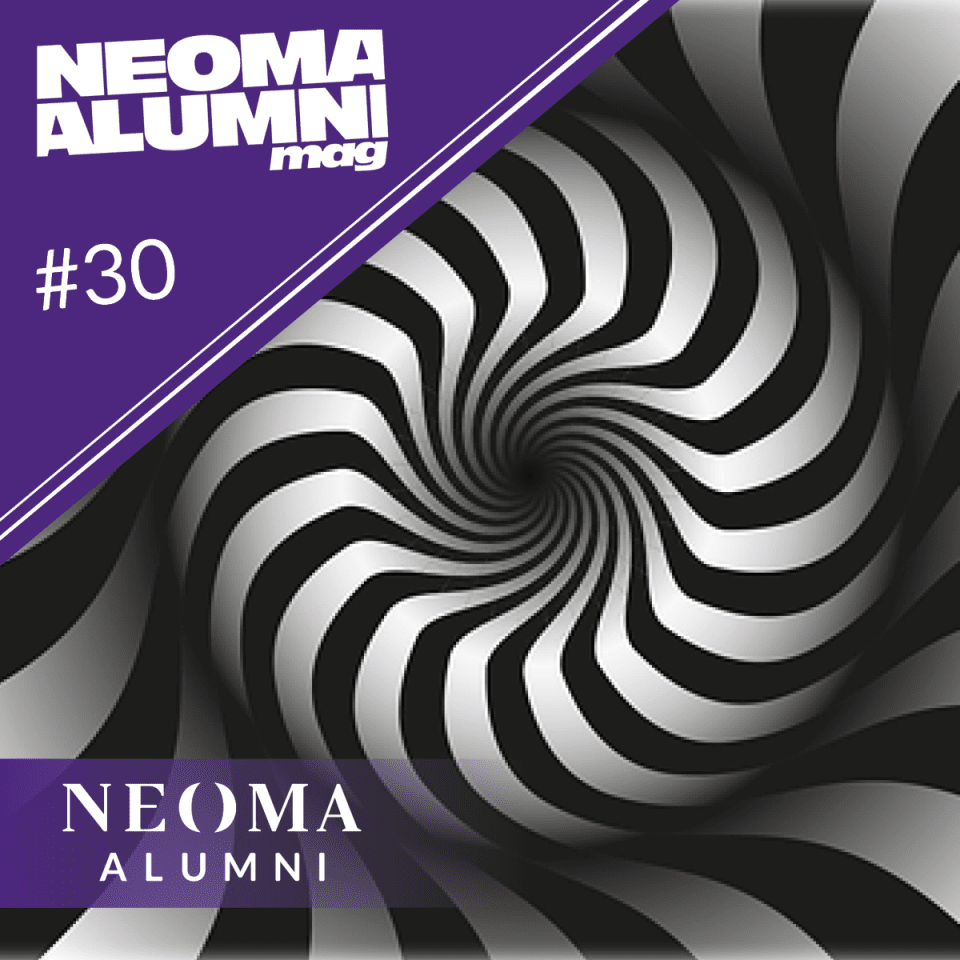Used by the medical profession, notably for surgical operations, as a support for many problems such as smoking cessation or self-confidence, hypnosis is also practised during shows, highlighting the power of this fast-growing discipline.
Benefits and applications
Ericksonian hypnosis is a discipline that allows access to a person's unconscious resources through an altered state of consciousness: "Numerous psychological experiments show that unconscious mechanisms are at work in most of our behaviours, choices and decisions," notes Sandrine Waechter (MBA FT 07), project manager in the medical sector and hypnotherapist. An Ericksonian hypnosis session starts with a history to define the objective of the session. The practitioner then uses several techniques such as metaphors to help the person enter a trance. The shaking of the throat or the levitation of an arm are among the ideomotor signs that confirm the subject's altered state of consciousness, the trance. The hypnotherapist uses techniques of negative anchoring (suppressing a behaviour), positive anchoring (getting the subject to adopt or modify a new behaviour) and reframing (working on the unconscious by dissociating the unconscious from the conscious) before bringing the subject out of the trance. Hypnosis can be used in the context of addictions and obsessive-compulsive disorders (tobacco, drugs, bulimia, etc.), phobias, pain (preparation for childbirth, anaesthesia for operations, etc.), anxiety, depression and "mental" ailments. It relieves stress and emotions resulting from illnesses, break-ups, bereavements and emotional trauma. Hypnosis can also be applied to improve physical performance through the mind, and NLP (derived from hypnosis) is used in sales and negotiation techniques. Increasingly regulated and controlled, the profession is represented by the Syndicat National des Hypnothérapeutes (National Union of Hypnotherapists), created for non-medical practitioners, with a charter and a code of ethics.
by Charlotte d'Aleman
Discover the rest of this dossier in the digital version, completely free!
Did you like this article? So that we can continue to offer you content on NEOMA and its news, contribute to NEOMA Alumni!

Comments0
Please log in to see or add a comment
Suggested Articles



